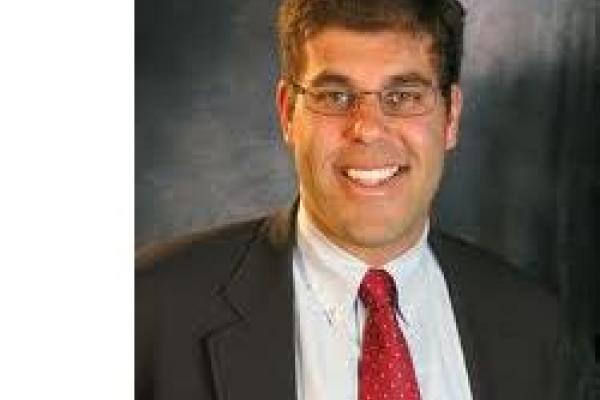
Jeremi Suri holds the Mack Brown Distinguished Chair for Leadership in Global Affairs at the University of Texas at Austin. He is also a professor in the University's Department of History and the Lyndon B. Johnson School of Public Affairs.
He is the author of five books on contemporary politics and foreign policy. In September 2011 he published a new book on the past and future of nation-building: Liberty's Surest Guardian: American Nation-Building from the Founders to Obama.
His research and teaching have received numerous prizes. In 2007 Smithsonian Magazine named him one of America's "Top Young Innovators" in the Arts and Sciences. His writings appear widely in blogs and print media. Professor Suri is also a frequent public lecturer and guest on radio and television programs.
He has a Ph.D. from Yale University, an M.A. from Ohio University, and a B.A. from Stanford University.
Abstract
Every American president since John F. Kennedy has intervened in a territory where the United States has limited interests, but where the costs of intervention are very high. Every president has lost control of his policy agenda and under-performed because of these non-essential interventions. Why do presidents continue to do this? The puzzle is compounded by the evidence that every president has had misgivings about foreign intervention, but yet each has barreled forward hoping for the best. This paper will examine the pressures of path dependence and bureaucracy, and the ways that they entrap even the most skilled leaders. This paper will argue that future policy-makers must work harder to avoid "finishing" the work of their predecessors, and instead construct new policy paths from their first days in office. History need not repeat itself if leaders see choice, not necessity, in the past that they inherit.
